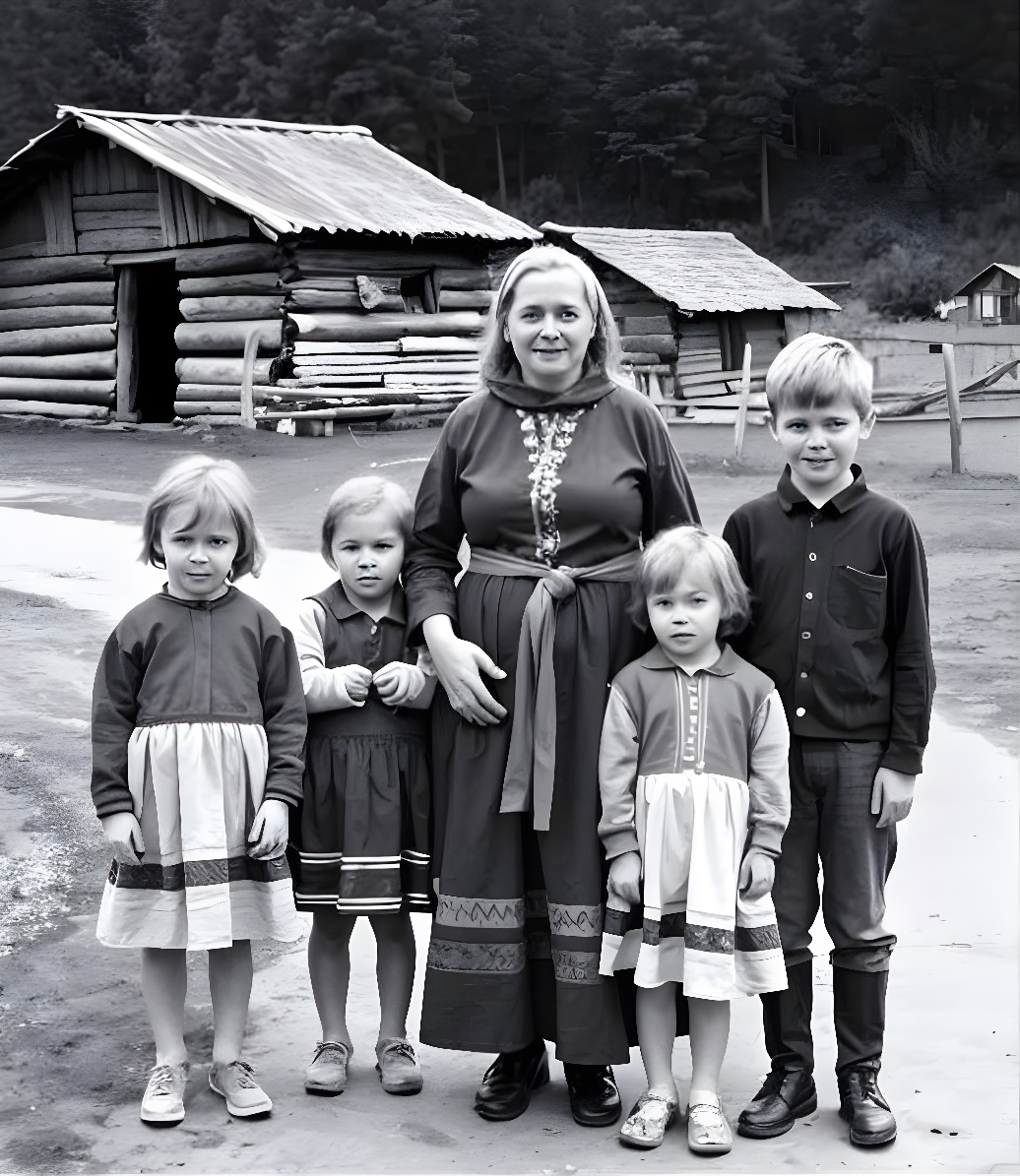That night, after Sacha’s drawing and Mila’s hunger, I stood in the dark kitchen, staring at the flour on the counter like it might rise on its own and become something that could save us.
The keys Sergej had slammed still lay there. Cold. Useless. But a thought sparked — not about keys or flour or debt. About survival. About creation.
I went to the pantry. Opened jars, bags. Counted eggs. Measured oil. Took stock not of what I lacked, but of what I had.
By morning, I had baked six loaves of bread.
They weren’t perfect — too dense, crust uneven — but they smelled like something alive. The kids woke up to warmth and hunger they hadn’t expressed in days.
I wrapped three loaves in towels and took the bus to the Saturday market.
A borrowed smile and trembling hands delivered them to the woman selling jams and pickled cucumbers. I expected her to laugh. She didn’t.
Instead, she bought one. Then the woman next to her bought another. By noon, all three were gone. I walked home with 600 rubles — half of what I needed for Timka’s fever syrup. Half closer to hope.
From then on, every night after the kids fell asleep, I baked. Sometimes I burned a batch. Sometimes the yeast didn’t rise. But it was work I could do, even when the world spun.
I named the venture Domashniy Khleb — Homemade Bread — and printed little labels using an old office printer I found on Avito for 300 rubles.
Two neighbors began ordering regularly. Then a café offered to try my sweet rolls. The woman who ran it, a widow named Vera, said, “There’s something honest in your dough.” I nearly cried.
By spring, I was making more from bread than I ever had from freelance bookkeeping. We still had barely enough — but barely enough is not nothing. It was life.
The children changed too. Quietly, almost reverently, they started helping. Sacha kneaded dough with his little fists. Mila wrote down orders in a neat notebook. Even Dasha, so guarded since Sergej left, began smiling again when handing customers warm loaves from the window.
The mortgage? Still there. A mountain. But I had rope now, not just bare hands.
One Sunday morning, Sergej showed up unannounced. He stood at the gate, older somehow. Eyes tired.
“I came for the bike,” he said. “The one in the shed.”
I stood in the doorway, apron dusted with flour, my youngest clinging to my leg. I didn’t say much. I didn’t need to. Let him see. Let him feel what he threw away.
As he turned to leave, he muttered, “You look different.”
I didn’t respond.
Because I was different.
